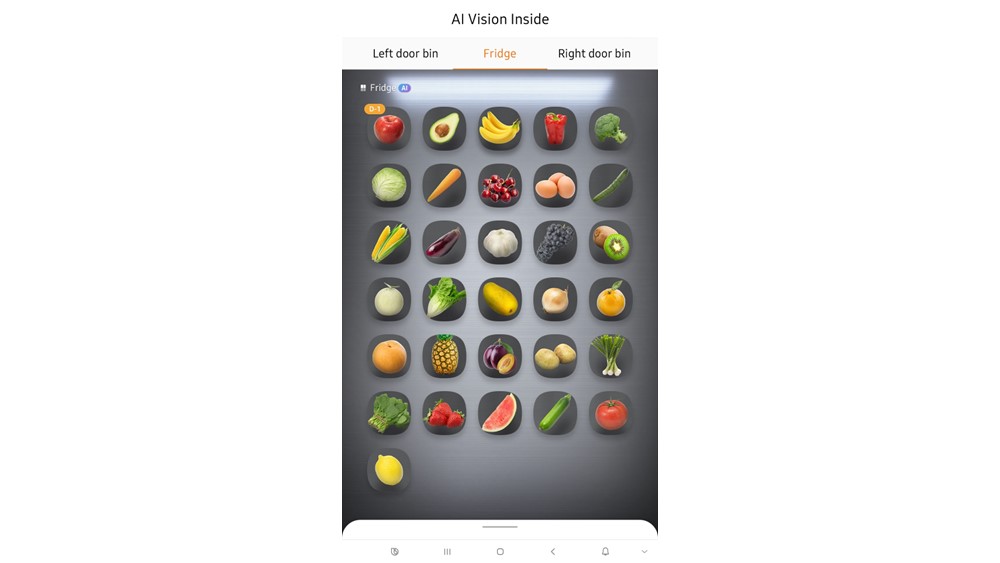Researchers have discovered that AI-assisted colonoscopies can improve the detection of polyps, particularly when performed by less experienced doctors. The research could pave the way for more accurate diagnosis of colorectal cancers. Coloscopy, a key diagnostic tool for colorectal...
Researchers have discovered that AI-assisted colonoscopies can improve the detection of polyps, particularly when performed by less experienced doctors.
The research could pave the way for more accurate diagnosis of colorectal cancers.
Coloscopy, a key diagnostic tool for colorectal cancer, is now being equipped with AI-assisted tools thanks to a new study from the Chinese University of Hong Kong’s Faculty of Medicine.
Traditional colonoscopies, involving the insertion of an endoscope into the colon, are essential in detecting and removing premalignant polyps, known as adenomas. However, it’s relatively simple to overlook that adenomas can be missed due to their flat shape, poor bowel preparation, and the varying skills of endoscopists.
Addressing this issue, lead author Louis H.S. Lau stated, “Our research is significant for the future development of AI in clinical medicine and endoscopic training. Junior endoscopists are generally less skillful and require a higher level of assistance during their initial learning phases.”
Lau continued, “Our research is significant for endoscopic training because it shows that the use of AI provides them with imagery guidance to practice the skills in a more standardized manner. Results confirmed that the innovation helps enhance adenoma detection ability among endoscopists with different levels of experience.”
The study utilized a deep learning system dubbed computer-aided polyp detection (CADe), which has already demonstrated its clinical benefit in real-time adenoma detection.
The research involved 22 junior endoscopists with less than 500 endoscopies and less than three years of training. These endoscopists were divided into beginner and intermediate groups based on their experience levels.
Conducted as a single-blind, parallel-group, randomized controlled trial in Hong Kong from April 2021 to July 2022, the study involved participants who were undergoing screening, surveillance, or diagnostic colonoscopies.
These participants were randomly assigned in a 1:1 ratio to receive either CADe-assisted colonoscopies or standard colonoscopies (control group).
Their performance was assessed across 766 patients, with nearly half undergoing CADe-assisted colonoscopies.
Results showed that the adenoma detection rate (ADR) was significantly higher in the CADe group (57.5%) compared to the control group (44.5%). This improvement was particularly noticeable in detecting smaller adenomas.
Glad to share our #RCT on #AI #colonoscopy in endoscopists-in-training! 

We found that #CADe can improve the #ADR by 13%  within junior endoscopists, in particular small-to-medium size ones.
within junior endoscopists, in particular small-to-medium size ones. @CUHKMedicine @CUHKGI @AGA_CGH @AmerGastroAssn https://t.co/K4qWGcoC86
@CUHKMedicine @CUHKGI @AGA_CGH @AmerGastroAssn https://t.co/K4qWGcoC86
— Louis Lau (@LouisHSLau) November 2, 2023
Despite these positive results, the researchers noted that the effectiveness of CADe in identifying larger and more advanced adenomas is still uncertain.
Thus far in 2023, the integration of AI into medical diagnostics has seen huge strides in areas like mammography, ultrasound, and MRI.
Medical diagnostics hugely benefit from AI systems that can repeatedly apply their analysis to scan after scan without tiring.
While there’s always work to be done to ensure the accuracy and transparency of these systems, this study proves yet again that AI’s practical benefits can save people’s lives.
The post Researchers use AI-assisted colonoscopy process to identify polyps appeared first on DailyAI.














